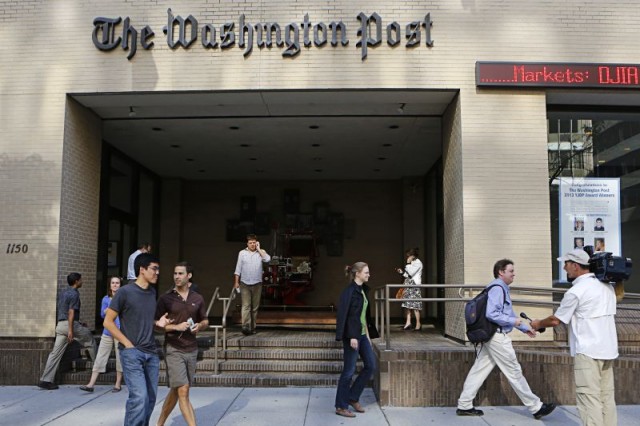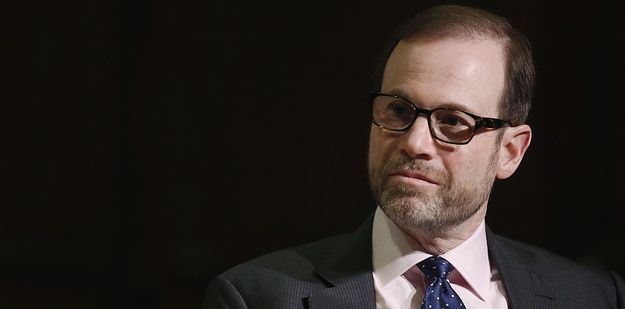Is it a good idea to hold shares of Facebook and Twitter? We are seeing a lot of motion in the advertising world as well an abandonment of the print media, magazines, newspapers, billboards ion favour of the digital media and social networks. The majority of the ads in the social media are carried out via Facebook, Google and Twitter. The point here is the business model which Twitter will offer and how it will be accepted by advertisers and investors. Currently, the prices of advertising on Twitter are declining which means that the company is trying to attract big advertisers. It is developing its business model, which offers opportunities and risks, of course.
As for Facebook, the question here is whether it will be able to reach the forecasted profits. Instagram, owned by Facebook, is extremely popular. In addition, it is growing and it will probably be able to meet the expectations and generate considerable profit which will have a positive impact on Facebook’s shares.
Plainly speaking, if Google gains $ 50 billion from advertising, Facebook gains $5 billion from sales and Twitter $500 million from revenue. These are round figures. In this situation, Google has a lower growth potential whereas the two social networks have a lot more to show. All three companies are attacking the hereditary business of Yahoo and AOL’s online advertising which could be the basis for their revenue and profit growth. Currently, advertisers are turning to mobile advertising, looking for ways to develop attractive promotional messages which will be able to work in this relatively new format and to attract more users.
The importance of mobile advertising is growing, and the revenue of the social networks which have strong mobile applications and which are trying to impose mobile advertising through them will increase with it. It seems that it is attractive for each investor to hold social networks’ shares if he is to form a good portfolio. This has its risks but this is part of the game. At present the forecasts are quite good.

Photo: Reuters
Traditional media are at the other extreme. The crisis in print media has quite surprising twists. In early August, which is the month of holidays, one of the iconic media in the USA had passed into the hands of the founder of the giant in online sales, Amazon. Jeff Bezos became the sole owner of the Washington Post, as the paper had suffered from the competition from digital media and from outflow of advertising. Commentators explained the significance of the newspaper with a very old story, namely that the paper's journalists had once revealed the whole Watergate affair.
In an interview for CNN Bezos defines the investment as "personal". What can the media learn from the owner of Amazon? The challenge for the print media is the increasing average age of readers, which is 60 years and continues to increase, and the decline in circulation - a trend that has been observed for 20 years now. On the other hand, Amazon is growing. Jeff Bezos, today head of the Washington Post too, feels like he is at home on the Internet. He has mastered what the newspapers have not swucceeded in yet, namely to sell to a young, curious and numerous audience a mass and stable content and to discuss it with the customers in online communities, and to receive feedback from them to generate additional interest and new themes for development. The deliveries are carried out by downloading the content directly to an e-reader or by mail. It remains to be seen whether this strategy will work in the newspaper business.

Stephen Adler, Photo: Reuters
Another major media and news agency, Reuters, is in a difficult situation too. President and editor in chief Stephen Adler has announced a 5% cut (135 employees) of the editorial staff at the agency, which consists of 2,700 employees. This is part of the planned cut of 2,500 out of the 60,000 employees of Thomson Reuters which was announced in February.
The period is not good for many of the traditional media and we will see other changes, attempted reorganization and improvement of financial performance. On the other hand, the future of social networks seems bright at present. Or at least until there is growth potential in advertising. One thing is certain, namely that the changes in the media and the rapid development of technology are leading to major and rapid cycles of change. We will follow these developments closely, as we are part of them and they affect us directly.